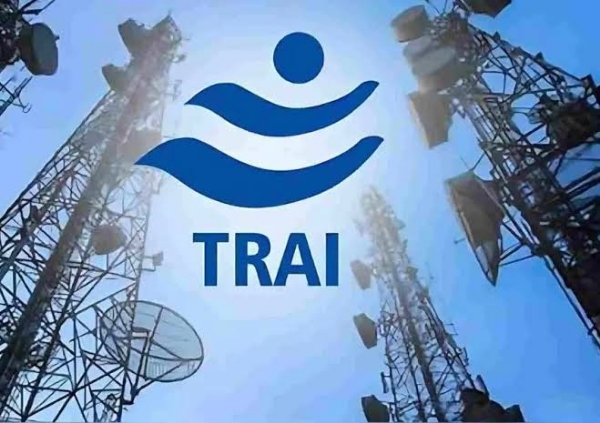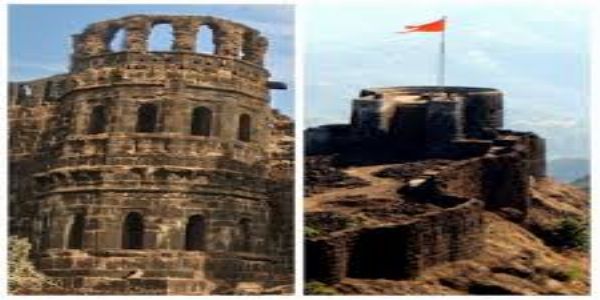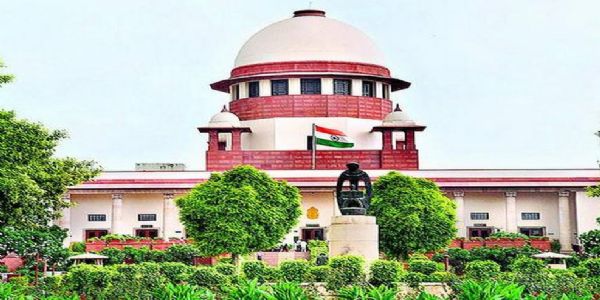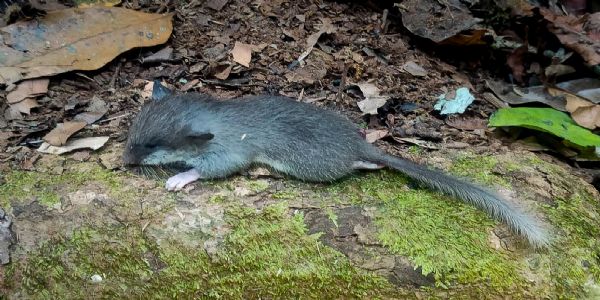
Delhi, 9 July (H.S.): The Telecom Regulatory Authority of India (TRAI) conducted independent drive tests in May 2025 to evaluate mobile network performance in the Himachal Pradesh Licensed Service Area (LSA), encompassing various terrains including cities, highways, and railways. Supervised by the TRAI Regional Office in Delhi, the drive tests evaluated both voice and data services across different mobile technologies—2G, 3G, 4G, and 5G.
The testing was carried out from May 26 to May 28, covering a total of 116.6 kms in city tests, 283.9 kms on highways, and 384.8 kms on railways. Additionally, tests were conducted at five hotspot locations and a 2.3 km walk test was performed. The results were communicated to all concerned telecom service providers (TSPs).
Key performance indicators measured included Voice Services metrics such as Call Setup Success Rate (CSSR), Drop Call Rate (DCR), Call Setup Time, Speech Quality (Mean Opinion Score, MOS), and coverage. For Data Services, metrics included Download and Upload Throughput, Latency, Jitter, Packet Drop Rate, and Video Streaming Delay.
In terms of voice services, the CSSR demonstrated a strong performance, with Airtel at 98.90%, followed by RJIL at 98.70%, while BSNL and VIL recorded lower rates of 93.29% and 95.48% respectively. The DCR indicated Airtel with the best rate at 0.67%, considerably lower compared to BSNL’s 15.69%. The call setup times varied across operators, with RJIL performing best at 0.76 seconds, whereas BSNL had the longest time of 3.85 seconds. The silence call rates showed Airtel at 1.39% and VIL at 3.90%. The MOS ratings also favored Airtel with 3.92, while BSNL lagged at 2.61.
Data performance highlighted significant discrepancies. Average download speeds were reported as 134.56 Mbps for Airtel, contrasting sharply with BSNL's 3.25 Mbps. RJIL achieved 194.15 Mbps, while VIL stood at 15.88 Mbps. Upload speeds fared similarly; Airtel’s average was 19.07 Mbps, with BSNL at a mere 3.76 Mbps. Hotspot testing revealed that while 5G services from Airtel hit peaks of 572.97 Mbps for downloads, BSNL struggled to reach 5.27 Mbps.
The geographical emphasis included high-density areas in Una and Mandi and real-world assessments at institutional sites like the District Court and IIT Mandi. Evaluations during walk tests in congested pedestrian zones reinforced the network behavior insights.
Anil Kumar Lahoti, Chairman of TRAI, emphasized the dedication to aligning service quality with consumer expectations, reflecting the evolving digital landscape of India. The results are published on the TRAI official website for public access. For further inquiries, specific contacts at TRAI are provided.
---------------
Hindusthan Samachar / Jun Sarkar








